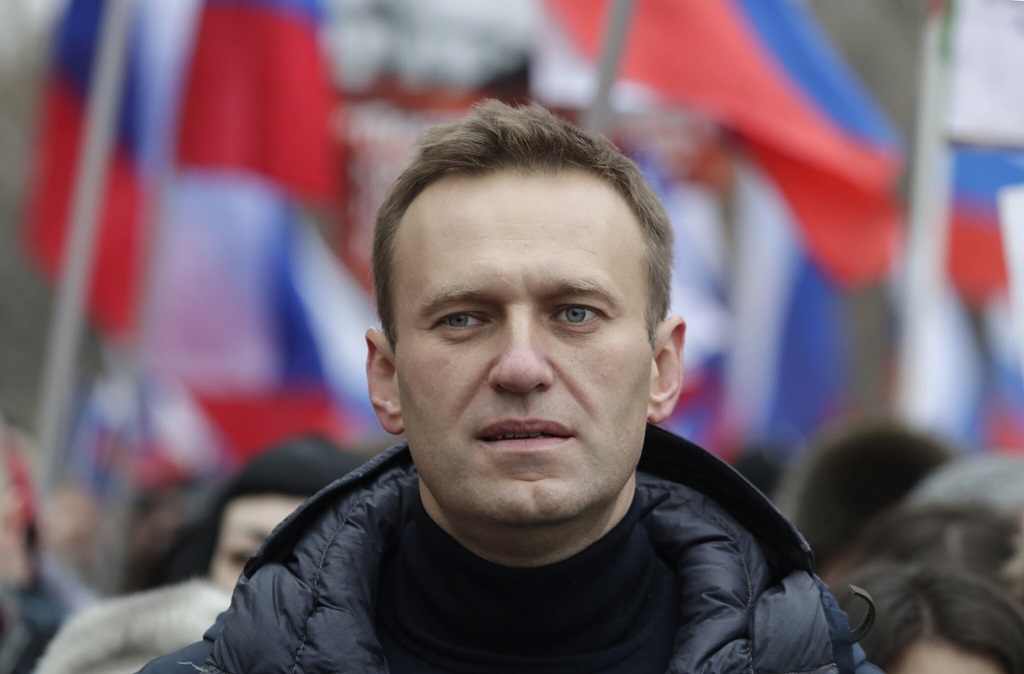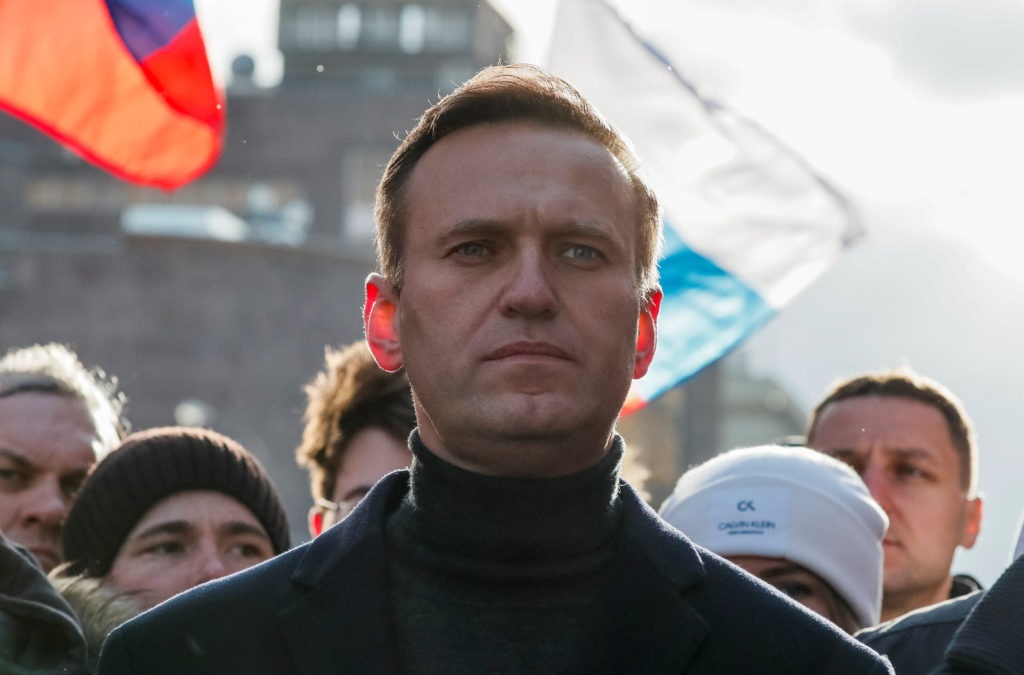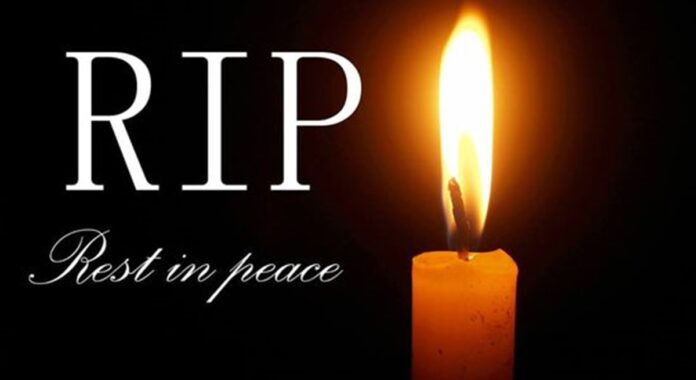Alexei Navalny was a well-known figure in Russia who bravely stood up against corruption and injustice.
He wasn’t afraid to speak his mind and organize protests to demand change.
Navalny strongly criticized President Putin’s government and worked tirelessly to expose corruption at all levels.
He founded the Anti-Corruption Foundation to investigate and uncover wrongdoing, earning recognition from organizations like Amnesty International for his dedication to human rights.
Unfortunately, Navalny’s life ended tragically while he was imprisoned in Russia in 2024.
His sudden death raised serious questions and sparked an international outcry, with many expressing concerns about the circumstances surrounding his demise.
Despite this heartbreaking loss, Navalny’s legacy lives on through the continued efforts of his widow, Yulia Navalnaya, who pledged to carry forward his mission and fight against the oppressive regime that silenced him.
Navalny’s courage and determination inspired countless individuals both in Russia and around the world to stand up against corruption and fight for a more just and transparent society.
Also Read: Bing Worthington Wife, Was He Married? Children And Age
Alexei Navalny Religion: Jewish Or Christian?
Alexei Navalny, a prominent figure in Russian politics, has identified himself as a Christian, indicating his religious affiliation.
He has openly discussed how his faith influences his life, mentioning the Bible as a source of guidance that helps him navigate through challenges with clarity.
Navalny’s references to Christian teachings and values in his public statements and writings further underscore his connection to the Christian faith.
However, Navalny’s religious background, whether he was born into a Jewish or Christian family or raised with specific religious teachings, is not extensively documented.

This lack of clarity about his upbringing leaves room for speculation, but it doesn’t diminish the significance of his religious identification as a Christian in adulthood.
Navalny’s actions and advocacy for political reform, transparency, and human rights in Russia have been central to his public image, overshadowing any questions about his religious background.
Regardless of his religious heritage, Navalny’s dedication to challenging corruption and authoritarianism in Russia has earned him international recognition and support.
Ultimately, Navalny’s religious beliefs, while noteworthy, do not define his impact or legacy.
His commitment to democracy, justice, and human rights remains the focal point of his activism, resonating with people across various religious and cultural backgrounds who share similar values of equality and freedom.
Alexei Navalny Family Ethnicity
Alexei Navalny’s family background reflects the intricate ethnic and cultural landscape of Russia and its neighboring regions.
With roots in both Russia and Ukraine, Navalny’s heritage embodies the complex interplay of cultures, languages, and traditions that characterize the Eurasian region.
His father’s origins in Zalissia, a village impacted by the Chornobyl disaster and subsequently relocated, offer a glimpse into the historical and environmental factors that have shaped his family’s history.
The displacement resulting from the Chornobyl incident underscores the interconnectedness of environmental catastrophes and human lives, highlighting the enduring impact on communities across borders.
Navalny’s upbringing in Obninsk, coupled with his summers spent with his grandmother in Ukraine, provided him with a nuanced understanding of both Russian and Ukrainian cultures.
His proficiency in the Ukrainian language, acquired during these formative years, reflects his deep connection to his ancestral roots and broader regional identities.
Beyond his personal experiences, Navalny’s mixed ethnic background underscores the diversity within Russian society and the complexities of identity in a multicultural context.

His family’s heritage serves as a microcosm of the larger mosaic of ethnicities and cultures coexisting within the Russian Federation and its neighboring countries.
Navalny’s ability to navigate and embrace his diverse heritage speaks to his adaptability and openness to different perspectives, qualities that have likely influenced his approach to activism and political engagement.
By recognizing and honoring his family’s ethnic background, Navalny acknowledges the rich tapestry of identities that contribute to the fabric of Russian society, fostering greater inclusivity and understanding within the broader community.
You Might Like: Gail Mabalane Parents: Where Are They From? Family Tree

